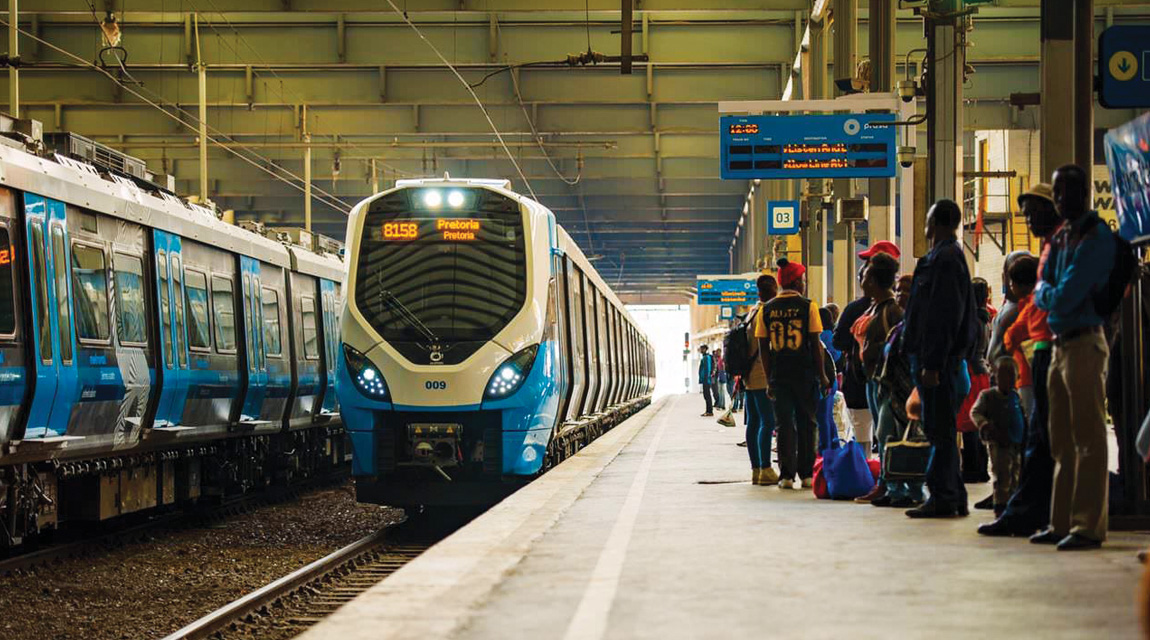Let’s save five billion litres!

How much higher will the fuel price have to go before someone starts saying enough is enough? R20 a litre? R30?
The days are long gone when transport actually boosted the South African economy. Today, the best that can be said for transport is that in some situations it helps to keep our economy going, but in many other situations it is so inefficient that the economy is being positively weakened.
More than half of our annual fuel usage of 27-billion litres is burned in cars, which means that the latest price increase of 80 cents a litre will suck another R10 to R12 billion out of our spending power each year. Although I’m talking mainly about personal transport here, remember to include higher prices resulting from added freight transport costs.
Don’t count on any meaningful price reductions in the near future.
We need to reduce our consumption of fuel by about five-billion litres a year, failing which we can forget about a strong economic recovery. Improved public transport can make a big contribution.
Last month I looked at the poor performance of the bus industry. Now let’s look at rail, which is supposed to be the backbone of public transport in South Africa.
The minister of transport has announced a new board to run the Passenger Rail Agency of South Africa (Prasa). As usual, the DA got off the mark quickly, criticising the new chairman for not being able to manage his personal finances (The Citizen, June 6).
Good point, but then I wasn’t surprised to see in the same article that the DA missed an even deeper problem. While addressing senior Prasa staff, the new chairman said that the organisation’s role is to deliver to “the poorest of the poor who rely on rail for transport”.
That mandate belongs in the dustbin. It comes straight out of the apartheid manual, dating back to around 1907, when the railway first received a subsidy for third-class passengers travelling between Johannesburg and what is now Soweto.
Only around five percent of the population now lives within a kilometre of a commuter railway station, and rail is now carrying about half as many passengers as it carried thirty years ago.
It is nowhere near to being the backbone of anything these days, and, while its low fares presumably attract the “poorest” people, its services are now so bad that even the “poorest of the poor” couldn’t be bothered to use the trains.
At the other end of the scale, we have the Gautrain, which caters for a higher level of passenger. There, rail is performing just as badly. The subsidy to Gautrain is R2,8 billion, which equates to more than R100 per passenger trip.
As a huge fan of rail transport, it hurts me to see the rail mode failing both the “poorest of the poor” and the “richest of the rich” – never mind the people in between.
The Competition Commission is currently wasting time looking at ride-sharing versus metered taxis. It should rather be tackling the elephant in the room – the lack of an integrated public transport plan (ITP). This is something other agencies in government have failed to do.
A proper ITP would by now have ensured that minibus taxis are deployed at their optimal level. They can reach more easily into every suburb in the country on ten-minute frequencies on almost any suitable road. As such, they will reach the “poorest of the poor”, as well as getting into the rich suburbs, where the unsustainable Sherman tank seems to be the mode of choice.
The Competition Commission should be insisting that everyone pays the same fare for the same distance, irrespective of mode of travel. You don’t need public hearings to make that point. You do need a proper contract system, though, which our authorities are simply too paralysed to implement.
So, ANC government, please get serious about “radical economic transformation”. Stop fiddling around with the boards of transport companies – simply shut them down. And, please, DA, stop writing “letters to the editor” and start using whatever powers you have in parliament, the various portfolio committees and city councils to get these ITPs implemented.
Or, will we only wake up when we reach R30 a litre?
Published by
Vaughan Mostert
focusmagsa




